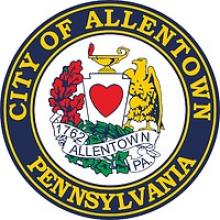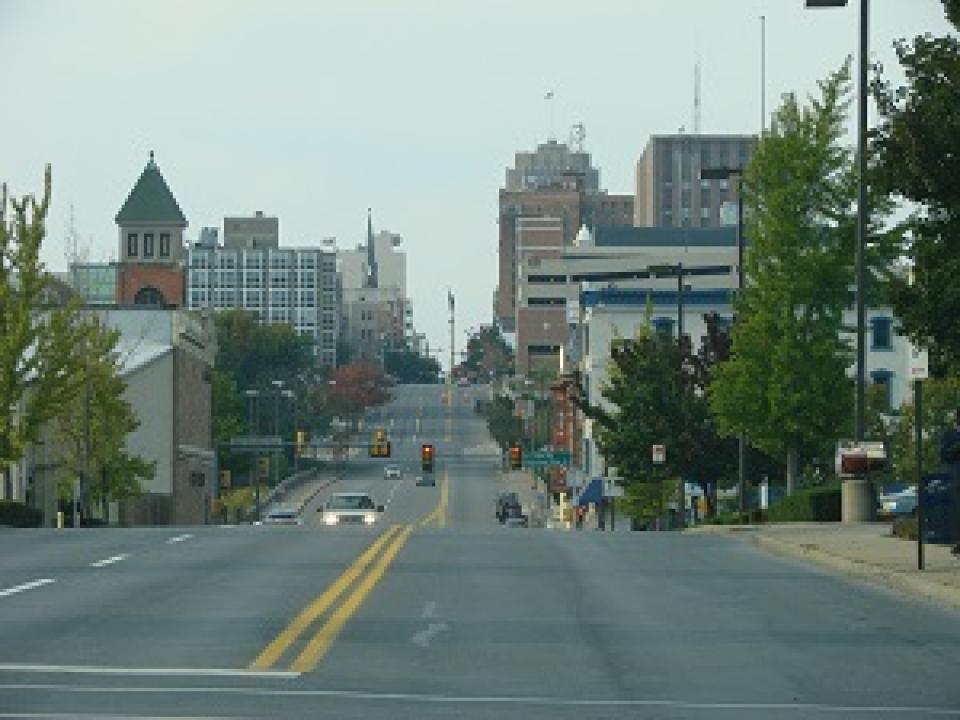
Once a booming center of manufacturing, Allentown, PA (pop. 120,900) is looking to reinvigorate its economy by reinventing itself as a modern 21st century “smart city,” bringing fiber-to-the-home Internet connectivity to every resident in the city.
In October, the city proposed using $7 million of its $57 million in American Rescue Act Funds to aid in the deployment of a citywide FTTH network. City leaders hope the investment will help them reach the goal outlined in its strategic economic development plan to become a smart city by 2030.
The city will work with Iota Communications to conduct a feasibility study they hope will be complete in the coming months. While the possibility of a FTTH network is in the early stages for the city, the proposal signals a serious ambition to bridge the digital divide in the region.
Feeling The Way Forward
Allentown is one of three cities that make up a larger geographic area known as Lehigh Valley, with the other cities being Easton (pop. 27,000) and Bethlehem (pop. 75,500). For a while now, leaders in the valley have been talking about the digital divide and it’s been made clear with the pandemic that it can no longer be put on the backburner.
Pennsylvania lawmakers passed a law 2019 clearing the way for municipalities to have more of a say in how 5G is deployed in their communities. And while many local officials say the new law will help pave the way for Allentown to stay ahead of the curve, some have cautioned that a focus on 5G is a major distraction.

“My caution (at a recent roundtable) was that putting our focus on 5G and not focusing on the digital divide that still exists would be leapfrogging over the problem,” Lehigh University Diversity, Inclusion and Equity Officer Donald Outing told LehighValleyLive.com. “5G will not resolve that digital divide. If we are not intentional about our efforts to work on the digital divide it will worsen it.”
Valley school districts are particularly focused on bridging this gap, offering hotspots and devices at the start of the pandemic to make sure students could still attend school virtually.
A 2019 United Way of Pennsylvania Asset Limited, Income Constrained, Employed (ALICE) Report, revealed that 36 percent of households with income below the ALICE Threshold do not have a broadband Internet subscription.”
Currently, Verizon FiOS is available to 68 percent of households within the city limits and Optimum by cable company Altice is only available to 2.4 percent. HughesNet and Viasat (which both offer satellite-based service) are the two most widely available options.
Barriers That Lay Ahead
The unfortunate reality in Pennsylvania is that the state legislature has made it challenging for municipalities to build networks. It’s one of the 17 states that still have some sort of preemption law on the books.
According to the Coalition for Local Internet Choice, state law “prohibits municipalities from providing broadband services to the public for a fee unless such services are not provided by the local telephone company and the local telephone company refuses to provide such services within 14 months of a request by the political subdivision.”
But Allentown’s Community and Economic Development Director and Deputy Mayor Leonard Lightner told The Morning Call in a recent interview that he hopes Allentown can emulate Chattanooga, Tenn. – which was able to build one of the best municipal networks and low-income programs in the country despite the preemption challenges it faced. Lightner said he’s already reached out to Chattanooga leaders about implementing a similar program.
Local advocates and champions of digital equity are holding their breath to see what the next few years hold in the way of an affordable citywide ftth network.
“If the city of Allentown is really trying to step up ... we can try and make this happen,” Kevin Easterling, CEO of the Black Heritage Alliance of the Lehigh Valley and member of the Allentown digital inclusion initiative told The Morning Call. “It’s a necessity.”
Edit: An earlier version of this story wrote that the Pennsylvania state law was recently passed. It was passed in 2019.
Header image of city seal courtesy of City of Allentown
Inline image of Hamilton Street, Allentown courtesy of Wikimedia Commons, attribution 2.0 Generic (CC BY 2.0)







